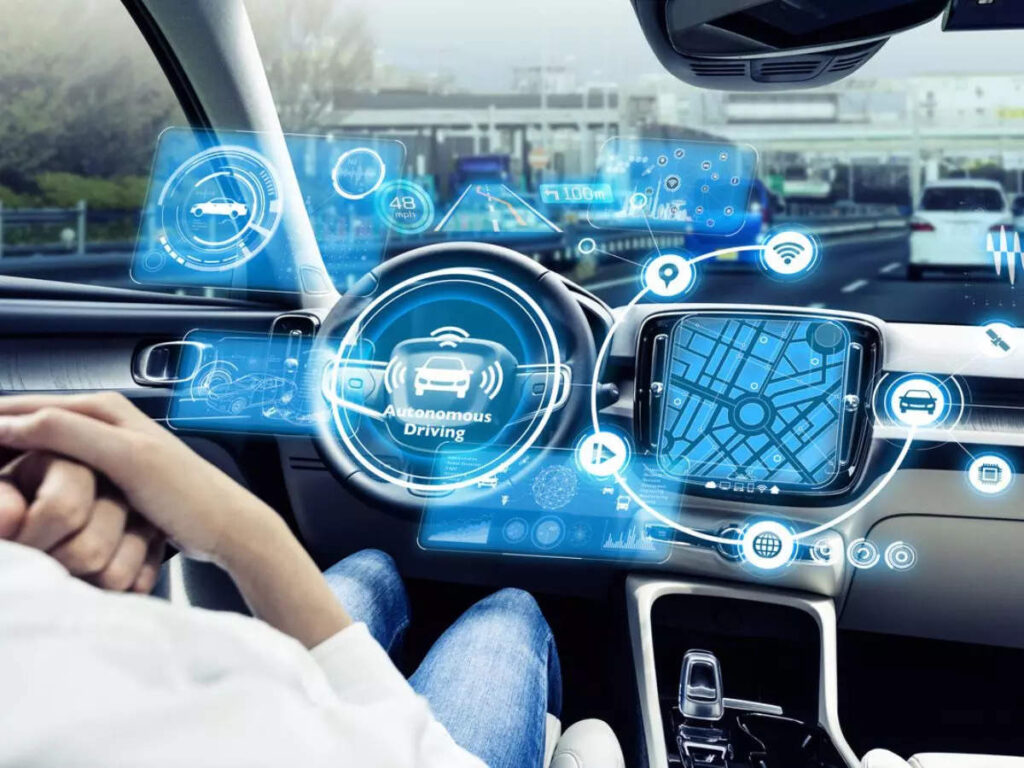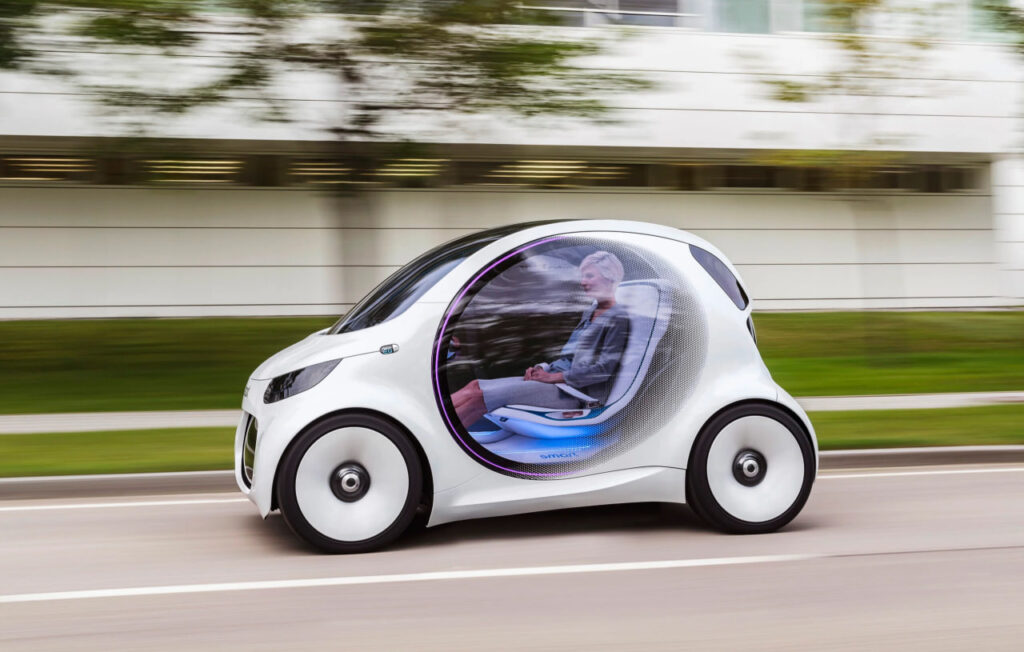
Smart vehicles are transforming the way we travel, integrating advanced technologies like artificial intelligence (AI), sensors, and internet connectivity to improve safety, efficiency, and convenience. These vehicles, ranging from semi-autonomous cars to fully self-driving models, can make real-time decisions and interact with their surroundings.
Key features of smart vehicles include systems that assist with driving, such as adaptive cruise control and automatic braking, as well as autonomous driving technologies that allow cars to navigate roads with minimal or no human input. Many smart vehicles are also connected to the internet, enabling communication between vehicles and infrastructure, which helps reduce traffic and enhance safety. Electric powertrains are increasingly common, aligning with global efforts to promote sustainability.

The benefits of smart vehicles are substantial. They promise to improve road safety by reducing human error, minimize traffic congestion through optimized driving patterns, and reduce emissions with electric models. These vehicles also offer greater convenience, allowing for hands-free driving in certain conditions, and they have the potential to improve mobility for people with disabilities.
However, challenges remain. Fully autonomous driving is not yet reliable in all conditions, and legal questions around liability in accidents involving self-driving cars are unresolved. Additionally, governments and cities need to develop regulations and infrastructure to support smart vehicles, such as connected traffic signals and updated safety standards. Data privacy and security are also major concerns, as these vehicles collect and share large amounts of information.
Looking ahead, the future of smart vehicles is promising. Autonomous ride-hailing services, smart city integration, and electric vehicle fleets are likely to become more common. AI-driven personalization could further enhance the driving experience, adjusting settings based on individual preferences. Though hurdles like cost and regulation remain, the progress in this space suggests that smart vehicles will play a central role in the future of transportation.





